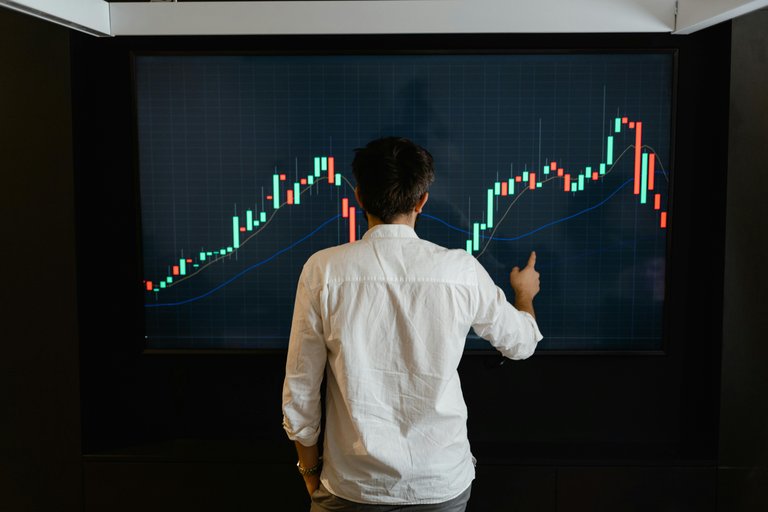Markets are mostly viewed through a simplistic lens of buyers and sellers, which is great as a beginner.
I think a nuanced and perhaps, more revealing perspective emerges when we examine the roles of 'makers' and 'takers.'
At its core, the maker-taker dynamic revolves around these fundamental market behaviors:
First, the interplay between value creation and value extraction.
Value creators introduce new solutions, products, or efficiencies to the market. They more or less focus on expanding possibilities – growing the proverbial economic pie rather than simply claiming a larger slice.
By contrast, value extractors are viewed through the lens of capturing existing value without necessarily contributing to market growth. Some seem to excel at that.
Naturally, this distinction isn't always clear-cut. For example, when Amazon revolutionized retail, were they purely creating value through innovation, or were they also extracting value from traditional retailers through superior efficiency?
The second dimension involves the distinction between productive and rent-seeking activities.
Productive activities generate new wealth or utility, benefiting both the producer and the broader market ecosystem.
Rent-seeking attempts to capture economic rewards through manipulation of the economic environment rather than through genuine value addition.
Arguably, I think "patent trolls" are great at exemplifying the latter behavior, that is using legal frameworks designed to protect innovation as tools for extraction.
Because innovation inherently involves risk-taking and uncertainty, pushing markets into new territories.
We can deduce that arbitrage on the other side of the spectrum focuses on "exploiting" existing price differences and/or value inefficiencies, which is potentially beneficial for market efficiency,
Most of these distinctions are like two sides of the same coin, in that they're inherently interconnected and often inseparable in practice.
We can define these terms more precisely as:
'Makers' are market participants who primarily create new value through innovation, productive activities, and expansion of market opportunities. Their actions tend to increase total market value over time.
'Takers' are participants who primarily extract value through arbitrage, rent-seeking, or exploitation of market inefficiencies without substantially contributing to market growth or innovation.
When Makers and Takers Converge
The theoretical distinction between makers and takers is very interesting to me when we examine real-world markets.
Silicon Valley's ethos of 'disruption' could be an example of this maker-taker complexity.
Apple's App Store is a quintessential maker, creating an entirely new marketplace for digital innovation. Yet doesn't it simultaneously exhibits taker characteristics through its 30% commission structure, leading to accusations of rent-seeking from developers?
At what point does platform governance cross from value creation into value extraction?
I think it's part of some form of natural or rather logical evolution where the underdog becomes the top dog and starts displaying the proverbial tendencies of the incumbent they once challenged.
This is also evident on a basic level how empires rise and fall.
In finance, the line between makers and takers isn't clear either. High-frequency traders improve markets despite their reputation as pure profit-seekers.
Even venture capital firms, celebrated for backing startups, sometimes act more like takers with tough terms.
Hybrid Models
I think one of the innovative aspect of platform businesses like Uber or Airbnb is how they create value by connecting users (making) while also extracting transaction fees (taking) on a very broad scale.
Their growth and success largely depends on maintaining a fragile balance between value creation for users and value capture for shareholders.
Of course, the same pattern can be seen with social media companies, which are also platform businesses. Facebook/Meta creates immense social value through connectivity but simultaneously extracting economic value through data collection and targeted advertising.
Is the company more maker or taker? The answer will likely depend on your timeframe and perspective.
The Reality of Market Dynamics
Apart from the financial aspect of value creation and capture, these examples more or less show that the reality of many successful modern businesses rarely fit neatly into maker or taker categories.
Even more so, the individual participants of this economic ecosystem must constantly adapt their roles.
All of them operate along a spectrum, shifting between these roles based on market conditions, growth stage, and competitive pressures.
The most noticeable pattern is they start as makers, then graduate into takers, while still painting some level of maker characteristics.
Thanks for reading!! Share your thoughts below on the comments.

